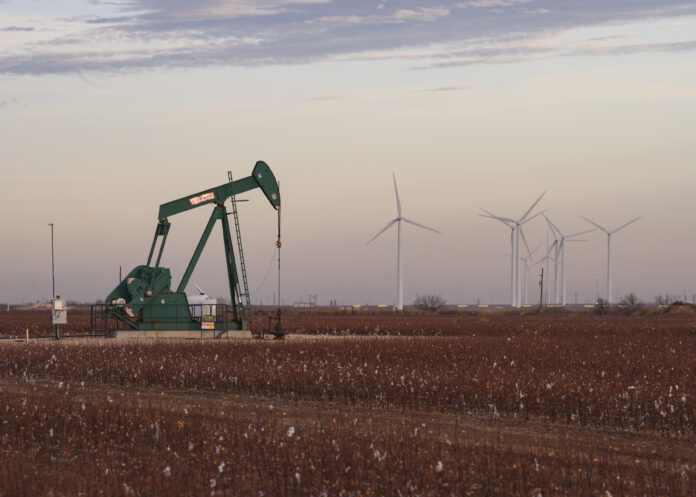
There are different ways to look at President Biden’s dramatic drawdown of the Strategic Petroleum Reserve to lower gasoline prices ahead of the 2022 mid-term elections.
Waco economist Ray Perryman and State Rep. Brooks Landgraf agree that the SPR is not as crucial as it once was now that the United States has greatly increased oil production, but Landgraf adds that it should nevertheless not be used for short-term political gain and that Biden’s action threatened national security.
Perryman said the SPR was established during the Ford Administration in 1975 after Congress authorized it late in the 1973-74 oil embargo primarily as a buffer against future supply interruptions.
“The situation has changed dramatically over the past 50 years,” he said. “At that time the U.S. was highly dependent on foreign oil and the reduced supply created a major crisis leading to long gas lines, lower speed limits and a massive recession. Domestic production was also starting to decline.
“If we fast forward to today the U.S. is the largest producer in the world, having set a record for both the most barrels generated in a year by any country in 2023 and the most in any month in December,” Perryman said. “The U.S. is also now a net exporter of oil and it is worthy of note that all this has been made possible by the remarkable increases in oil production in the Permian Basin.”
The SPR is in a number of big underground salt caverns along the Texas and Louisiana Gulf Coast.
Landgraf said he is “deeply concerned by President Biden’s egregious mishandling of our nation’s oil and gas resources throughout his tenure.
“His administration’s imposition of unnecessary hurdles through excessive red tape and burdensome regulations has effectively weaponized the Environmental Protection Agency against our region, endangering the livelihoods of hardworking West Texans in the oil patch.”
Landgraf said Biden’s decision to draw down the SPR by 291 million barrels to 347 million in 2 1/2 years “reeks of political opportunism at the expense of our national security.”
The Odessa Republican said the SPR was established to safeguard against severe supply disruptions, but Biden “has shamelessly and cynically exploited it to artificially lower gasoline prices during election time for short-term political gain.
“This irresponsible depletion of our nation’s oil reserves not only undermines our national security but also raises serious questions about the Biden administration’s commitment to replenishing what has been removed,” he said. “These actions have far-reaching repercussions beyond the threat to national security.
“They undermine our energy independence, expose us to greater vulnerability in times of crisis and sow instability in our economy. It’s time for the administration to prioritize the well-being of the American people over political expediency and to cease its assault on our vital energy sector.”
While the SPR is not as crucial as it once was, Landgraf said, it remains good, prudent policy to keep a supply of petroleum in reserve for potential issues.
“President Biden authorized a substantial release of the reserve in 2022 in an effort to help reduce gasoline prices,” he said. “Much of this was purchased at prices above $90 per barrel and can now be replaced at lower prices, thus bringing a benefit to taxpayers.
“A small portion has been replaced, but it remains well below typical levels. It is not the critical natural security issue that it was in the 1970s, but there are always issues which could arise such as a major power outage. It should be restored over time and while it is perhaps reasonable to use it to smooth out market fluctuations at times, it should not be used for political purposes.”



